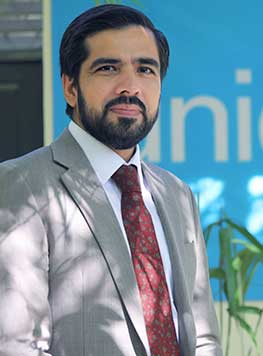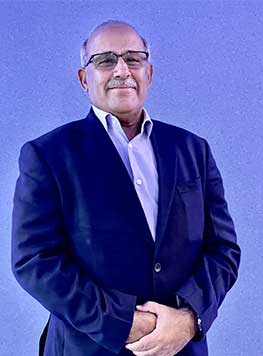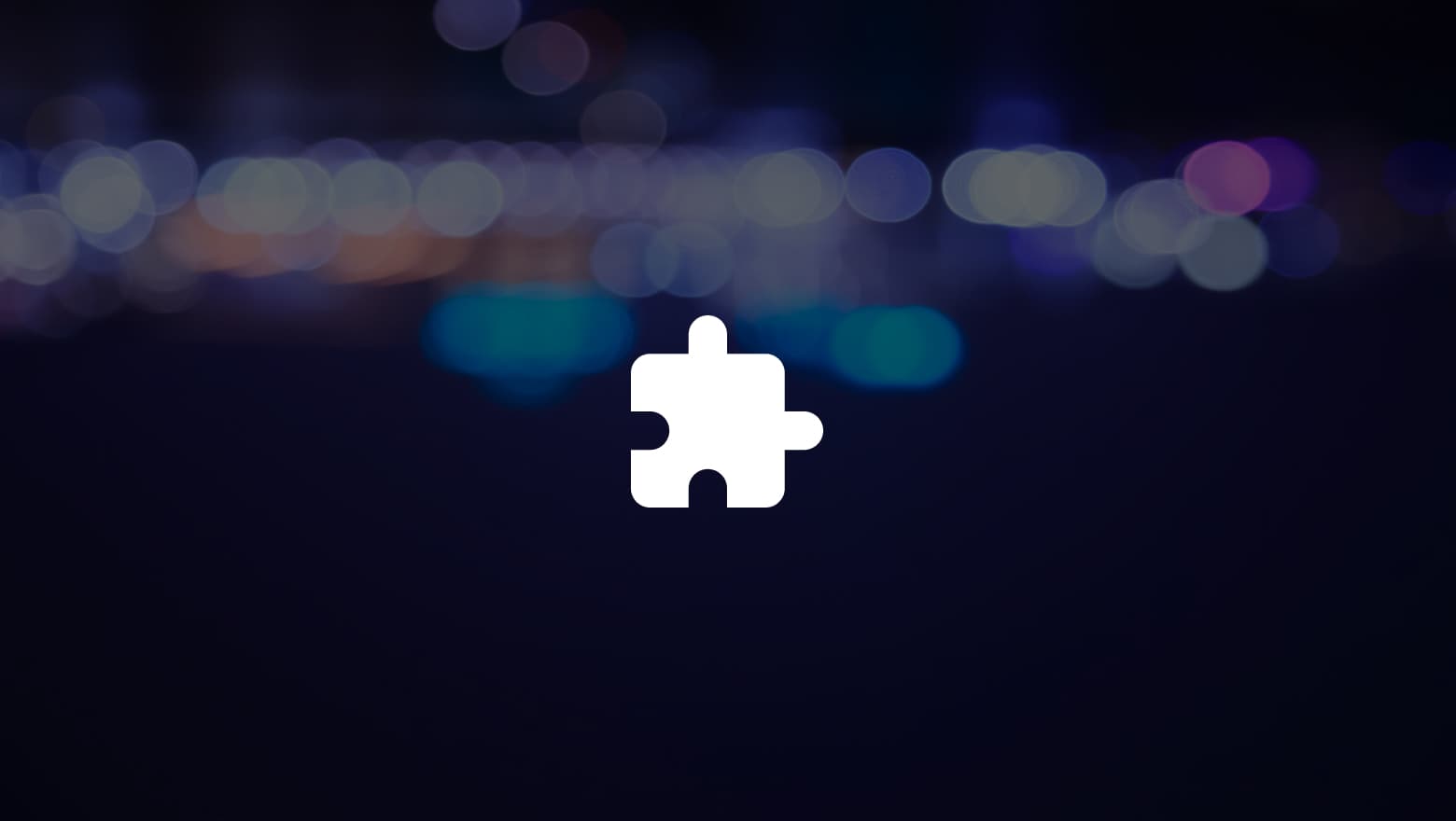Giving young people access to learning opportunities anytime anywhere
VINCI Energies signed a four-year sponsorship agreement with UNICEF*.
This partnership between UNICEF France and VINCI Energies seeks to give students aged 6 to 18 equal access to Internet and IT equipment. To that end, projects will be rolled out in 56 schools across three countries, reaching over 20,000 children and 400 educators. As a result, the children will be able to develop their digital skills, learn no matter what is happening and enhance their career prospects.
Benin
This West African country is home to an estimated 11 million people, 51% of whom are children and 25.6% teenagers. The majority (55.4%) of the population lives in rural areas and the country has heavily invested in priority social sectors. However, primary and secondary school enrolment rates are low, particularly in the north, where the enrolment rate for girls is well below the national average. While the government is taking steps to provide schools with IT equipment and Internet access, resources remain limited. Furthermore, the Covid-19 pandemic disrupted the learning process for young people across Benin, exacerbating the difficulties they already faced.
At the end of this four-year partnership:
- 16 schools in the departments of Alibori, Atakora, Borgou and Zou will have an Internet connection and 13 will be equipped with IT equipment, enabling 11,200 children – including 5,600 girls – to benefit from digital technology.
- 8,400 children, including 4,200 girls, will have experienced a hybrid learning model, developing their digital skills using online IT platforms and tools.
Timor-Leste
This project seeks to address gaps in access to Internet and IT equipment – a major issue in Timor Leste, where 42% of the population lives below the poverty line. Disadvantaged children do not have access to learning and empowerment opportunities. Only 20% of preschool-age children are enrolled in school. Almost 37% of young people (aged 15 to 24) living in rural areas are illiterate, compared with only 6% of their urban peers.
At the end of this four-year partnership:
- 10 schools in the municipalities of Liquiçá, Ermera and Ainaro will have an Internet connection, IT equipment, as well as new or upgraded computer-based learning spaces.
- 250 educators will have received training on how to use digital tools and incorporate them into their teaching strategies. As a result, over 6,000 schoolchildren will gain access to online information and develop their digital skills using IT tools and platforms. Special attention will be given to children with disabilities

Having access to high-quality education opens up infinite possibilities for children. However, many children in Timor-Leste do not have this luxury. Supported by VINCI Energies, UNICEF and Timor-Leste’s Ministry of Education, Youth and Sport are helping around 6,000 children in 10 schools access education programmes and prepare for their future using 21st-century learning resources and digital education tools.
Brazil
In 2019, almost 1.1 million school-age children and teenagers were not enrolled in school in Brazil. The most vulnerable segments of the population were less likely to attend school. Moreover, the Covid-19 pandemic forced most schools to close between March 2020 and October 2021, which had a highly negative impact on students, particularly those living in disadvantaged regions.
At the end of this four-year partnership:
- 30 state schools in semi-arid and Amazonian regions will have an Internet connection and IT equipment.
- Around 150 educators will be involved in developing and implementing teaching programmes combining traditional and digital education. These hybrid courses will ultimately reach 3,000 students.

In Brazil, there is no Internet access in 21,900 schools, particularly in the north and the north-west. With the help of VINCI Energies and its teams, we are going to ensure 3,000 children and teenagers in 30 state schools receive a high-quality education with hybrid learning solutions, and provide 150 educators with training on how they can help students learn more and actively engage with the information presented to them. These experiments can contribute to the adoption of new technology-based practices on a wider scale.
*UNICEF does not endorse any company, brand, product, or service.
© UNICEF


